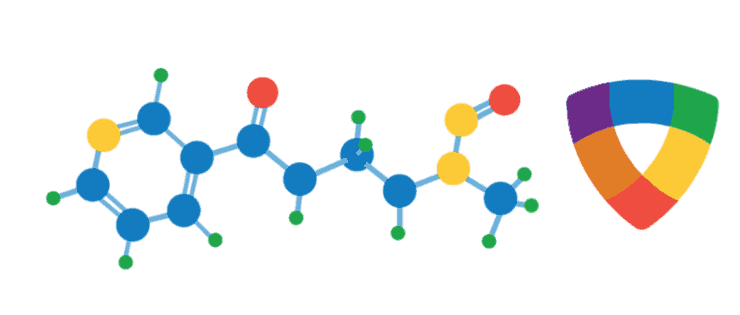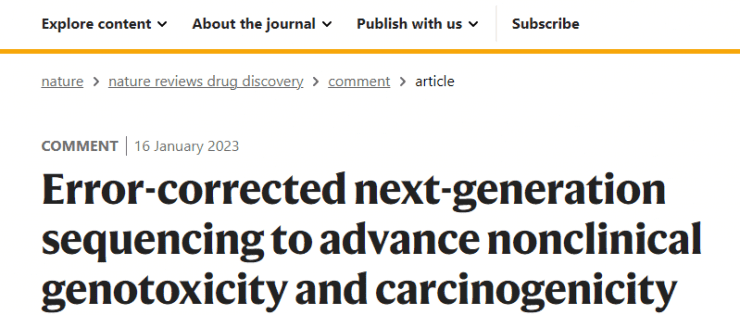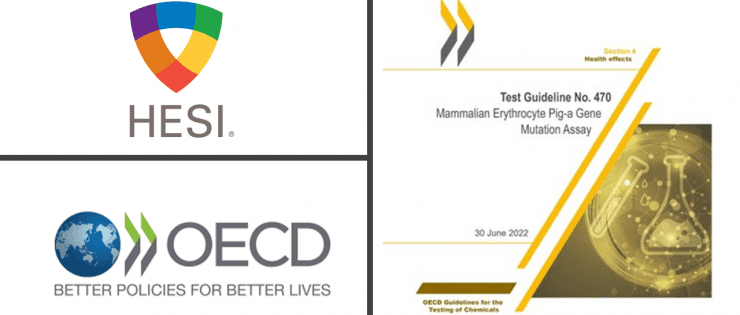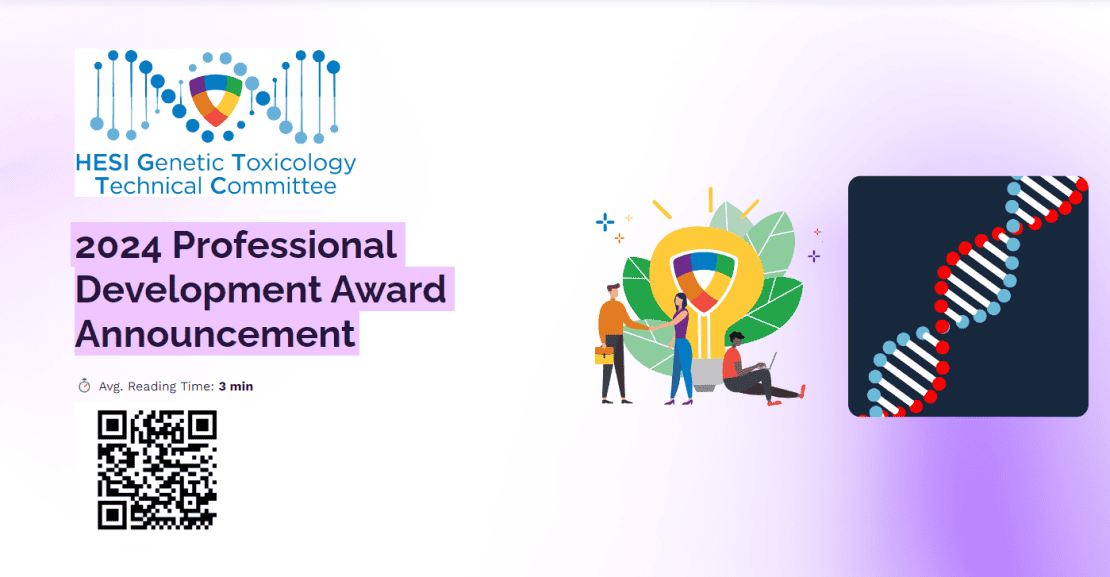On 30 June 22, the Organisation for Economic Cooperation and Development (OECD) published Test #470: Mammalian Erythrocyte Pig-a Gene Mutation Assay, a Test Guideline (TG) that describes an in vivo gene mutation assay that can be combined with other genetic and general toxicology tests to promote the efficient use of animal resources. This TG is the culmination of fruitful discussions over more than a decade among the Pig‐a Workgroup members who contributed directly to the Pig-a Assay Detailed Review Paper, the Pig-a Assay Retrospective Validation Report, the draft OECD TG, the OECD Expert Working Group, as wells as the recent GTTC best practices Review Paper.
“Starting in the late 2000s, the HESI GTTC Pig-a Workgroup was instrumental in acting as a clearing house for discussing protocol changes that greatly improved the precision of the assay, discussing results from several international interlaboratory validation studies, and later in organizing an International Workshops on Genotoxicity Testing meeting on the assay in Foz do Iguacu, Brasil. The Workgroup also had a major role in developing the OECD Standard Project Submission Form (SPSF), that initialed the OECD TG project in 2015.” – Robert Heflich (US FDA), GTTC Pig-A working group co-chair
“HESI staff provided key logistical support that kept the OECD Test Guideline endeavor organized and focused. Also, the importance of HESI-GTTC members’ recommendations regarding study designs and scoring approaches cannot be overstated—they laid the foundation for this OECD approval.” – Stephen Dertinger (Litron Laboratories), GTTC Pig-A working group co-chair
Click to read the Terms of Reference and Work Program
With the publication of the OECD Test Guideline 470, this work group has completed its goal and has sunset.
Leadership Team:
Steven Dertinger, PhD (Litron Laboratories)
Bob Heflich, PhD (US Food and Drug Administration)
HESI Staff:
Connie Chen, PhD, MPH








